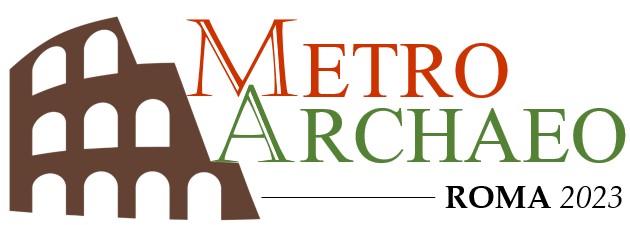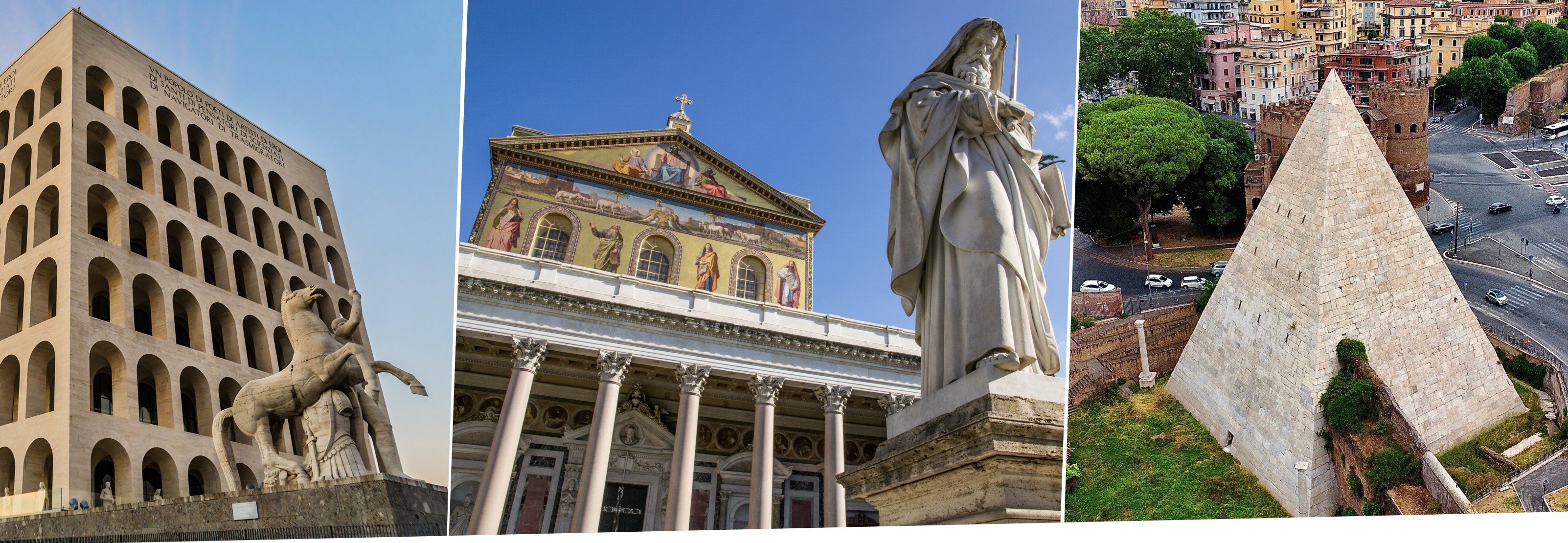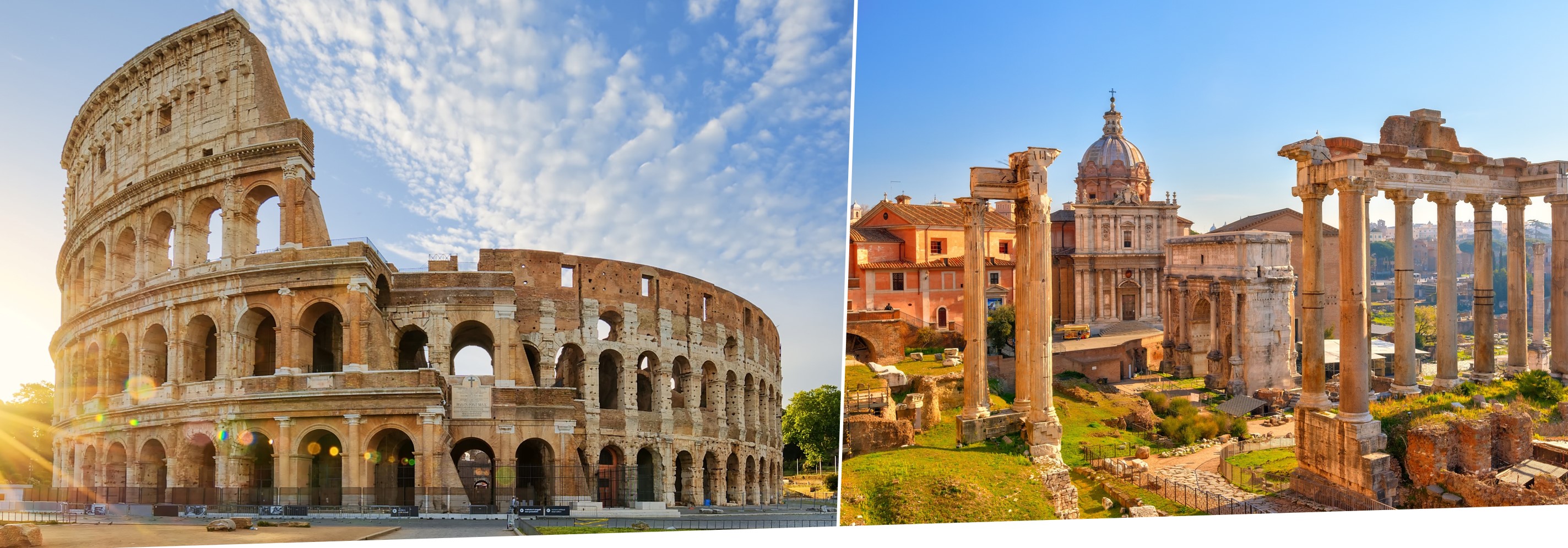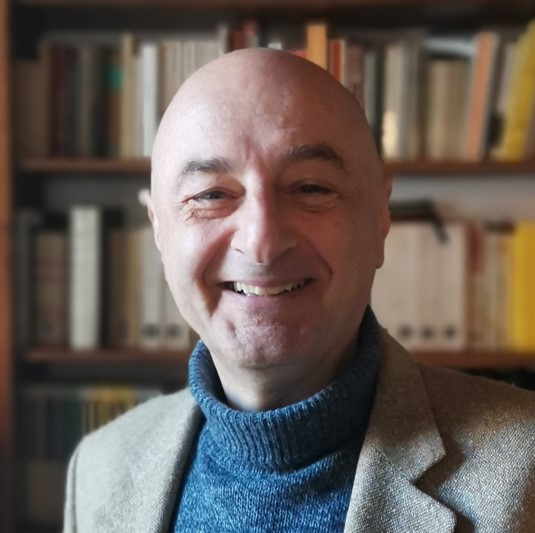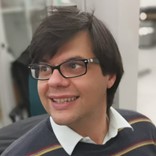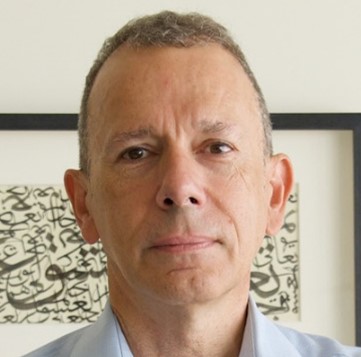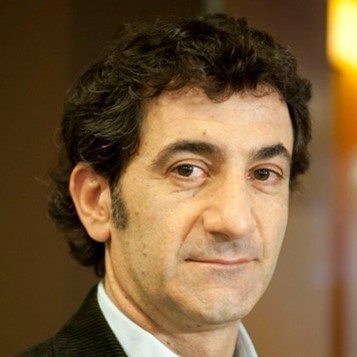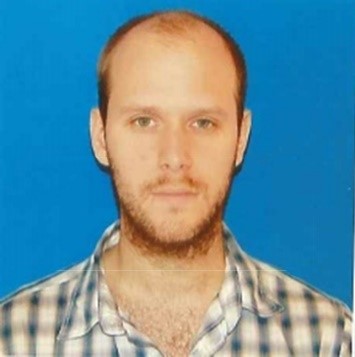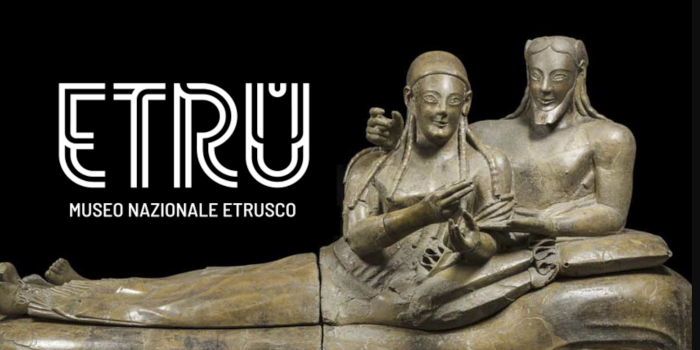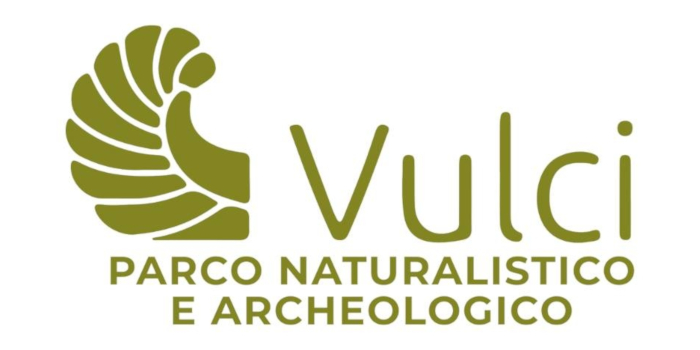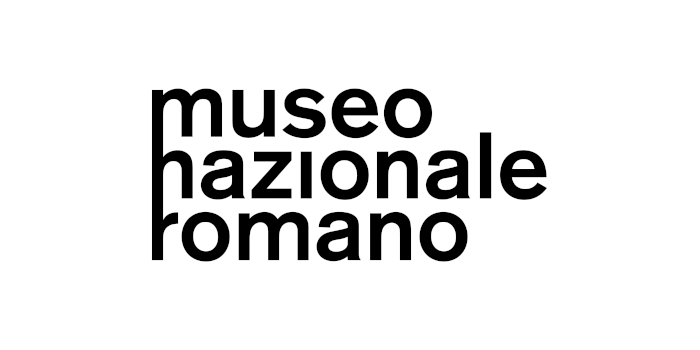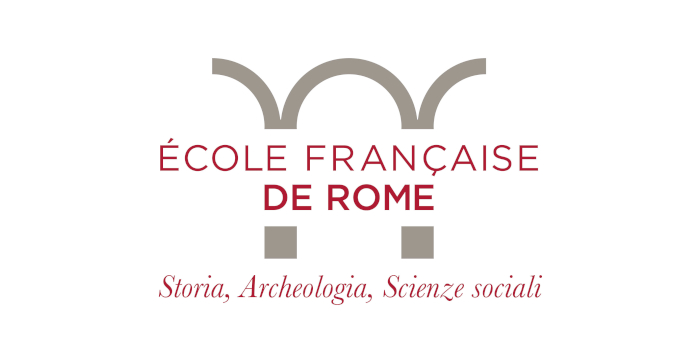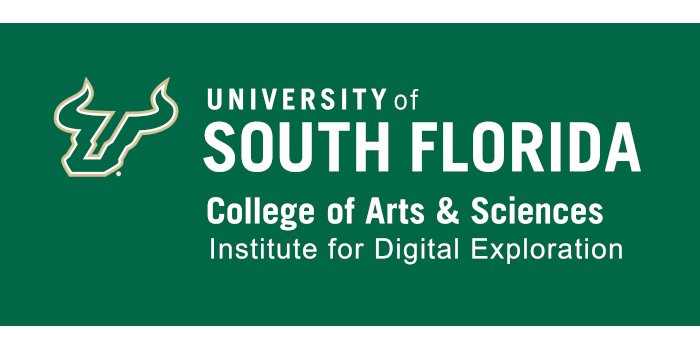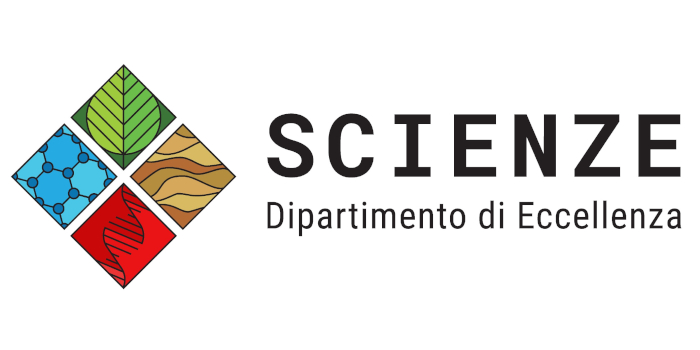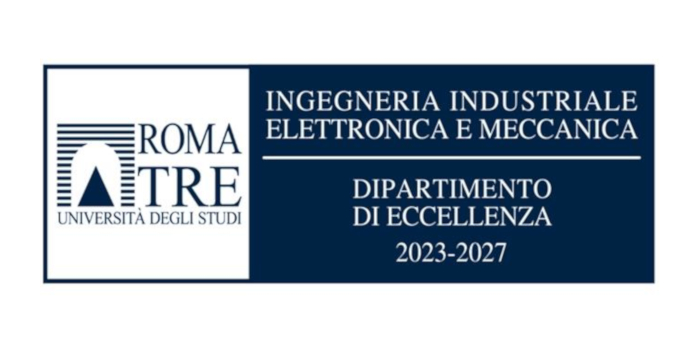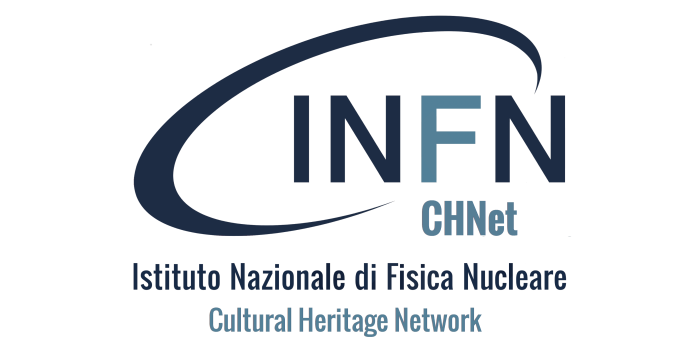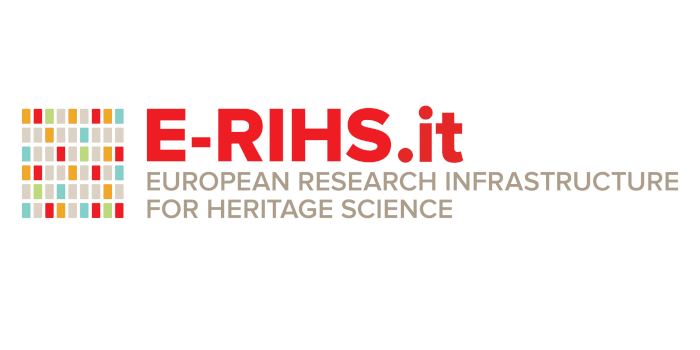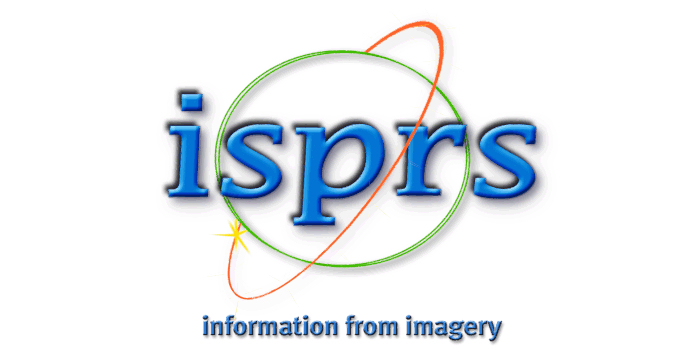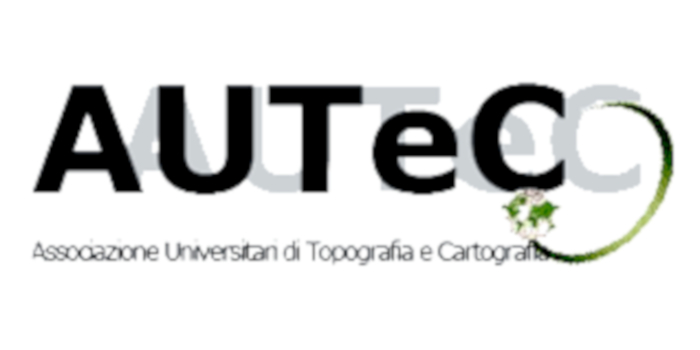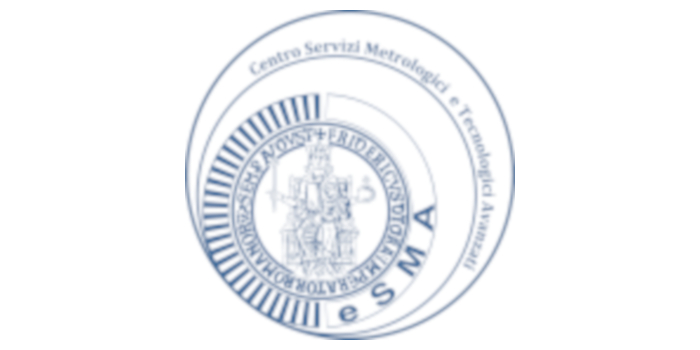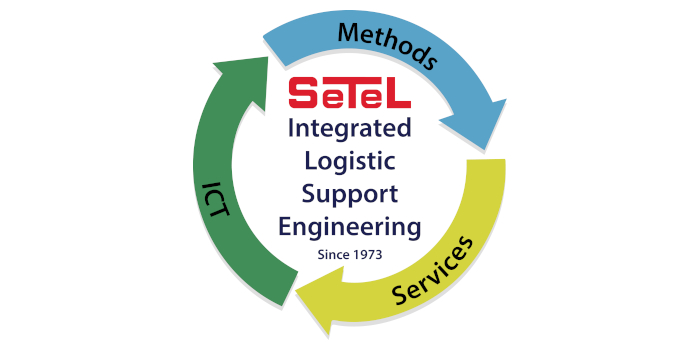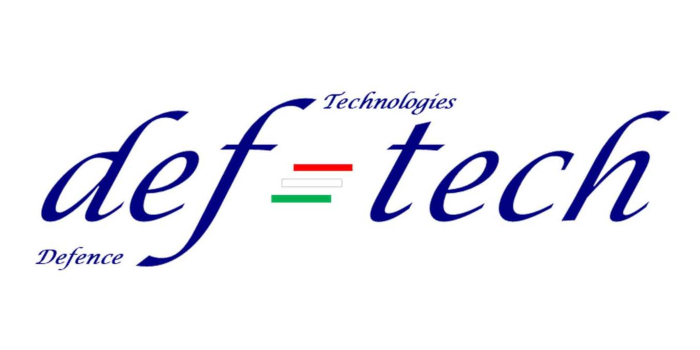SPECIAL SESSION #6
Nuclear Techniques for Cultural Heritage
ORGANIZED BY
Lorenzo Giuntini
INFN and University of Florence, Italy
Lisa Castelli
INFN, Italy
Mirko Massi
INFN, Italy
Francesco Arneodo
New York University Abu Dhabi, United Arab Emirates
Fernando Marte
National University of San Martin (UNSAM) in Buenos Aires, Argentina
Marcos Tascon
National University of San Martin (UNSAM) in Buenos Aires, Argentina
ABSTRACT
As is well known, scientific analyses provide information that can be of great help in the study, conservation, and restoration of Cultural Heritage (CH).
In recent times, we have been witnessing technological developments in the field of CH, including those originating from nuclear physics. In this field, new methodologies and techniques have been introduced to answer increasingly diversified questions about nature, composition, and structure of archaeological and artistic objects. In particular, there is a growing interest in mobile and transportable systems and in non-destructive or micro-destructive techniques, which allow rapid measurements of a wide variety of materials. More recently, a big boost has been given by digital applications, e.g. not only for the valorisation and the fruition of Cultural Heritage, but also to support the study and interoperability of data originating from existing datasets.
MAIN TOPICS
Topics include, but are not limited to:
- Particle (electrons, ions, neutrons, muons…) and e.m. radiation (X- and Gamma-ray…) based techniques;
- 2D and 3D Imaging techniques;
- Mass Spectrometry;
- Small particle accelerators: challenges and solutions;
- Transportable and mobile instrumentation;
- Quantification, simulation, and modelling;
- AI and statistical learning based analysis;
- Multi Source Data Fusion.
ABOUT THE ORGANIZERS
Lorenzo Giuntini - Associate Professor at the University of Florence (UniFi). Expert in composition analysis with MeV ion beams and XRF, in the development of XRF systems and systems based on low energy accelerators. Deputy coordinator of the INFN-CHNet network for cultural heritage (CH), leader of the WP8 of 4CH (European project for the development of the European Competence Center for Cultural Heritage). Deputy Coordinator of MACHINA (joint INFN-CERN project for the development of a transportable accelerator for CH applications). In the Italian PNRR, Scientific Referent of UniFi for the affiliation to PE5-Spoke 5. He authored more than 80 papers published in international journals. Reviewer for several journals of applied physics and member of editorial committee of indexed journals.
Lisa Castelli - Technologist at INFN, expert in the development and applications of portable X-ray-based instrumentation for the elemental characterisation of materials in cultural heritage. She is also involved in the management and organization of the activities of the INFN-CHNet network. She actively works in the framework of the European Projects ARIADNEplus and EOSC – Pillar and 4CH, where she is task leader.
Mirko Massi - Technologist at INFN, expert in low-energy accelerators physics and portable X-ray-based instrumentation and their applications on Cultural Heritages. He is involved in the activities of the INFN-CHNet network for CH, in the 4CH European project for the creation of the first European Competence Centre for the Conservation of Cultural Heritage and in the MACHINA (joint INFN-CERN project for the development of a transportable accelerator for CH applications) project. He is currently in charge of the management of the INFN-LABEC TANDEM accelerator laboratory.
Francesco Arneodo - Professor of Physics at New York University Abu Dhabi (NYUAD), which he joined in 2013. Prof. Arneodo obtained his "Laurea" in physics at the University of Torino, and his PhD from the University of L'Aquila. He also has an MBA degree from the University of Warwick, UK. He has worked as a researcher at the Laboratori Nazionali del Gran Sasso from 1997 to 2013, before joining NYUAD. His main expertise and interests are in the development of radiation detectors, also applied to the domain of cultural heritage.
Fernando Marte holds a PhD in Molecular Biology and Biotechnology from National University of San Martin (UNSAM) and a Chemical Engineer from the National University of Córdoba. He is a specialist in material studies on cultural heritage. He directs research projects in his area with special focus on the understanding of processes of deterioration and conservation. He is the director of the Master in Conservation-Restoration of Artistic and Bibliographic Goods of the same academic unit and professor of undergraduate and postgraduate studies at the University.
Marcos Tascon is Assistant Researcher of CONICET at the Institute of Environmental Research and Engineering (IIIA-UNSAM), Associate Professor at the National University of San Martin, and co-director of the Center for Studies on Heritage and Environment (CEPyA-UNSAM). His research focuses on the development of new extraction technologies coupled with chromatographic techniques and/or direct mass spectrometric analysis in the field of environmental sciences, non-invasive and micro-invasive analytical techniques applied to the study of cultural heritage.
